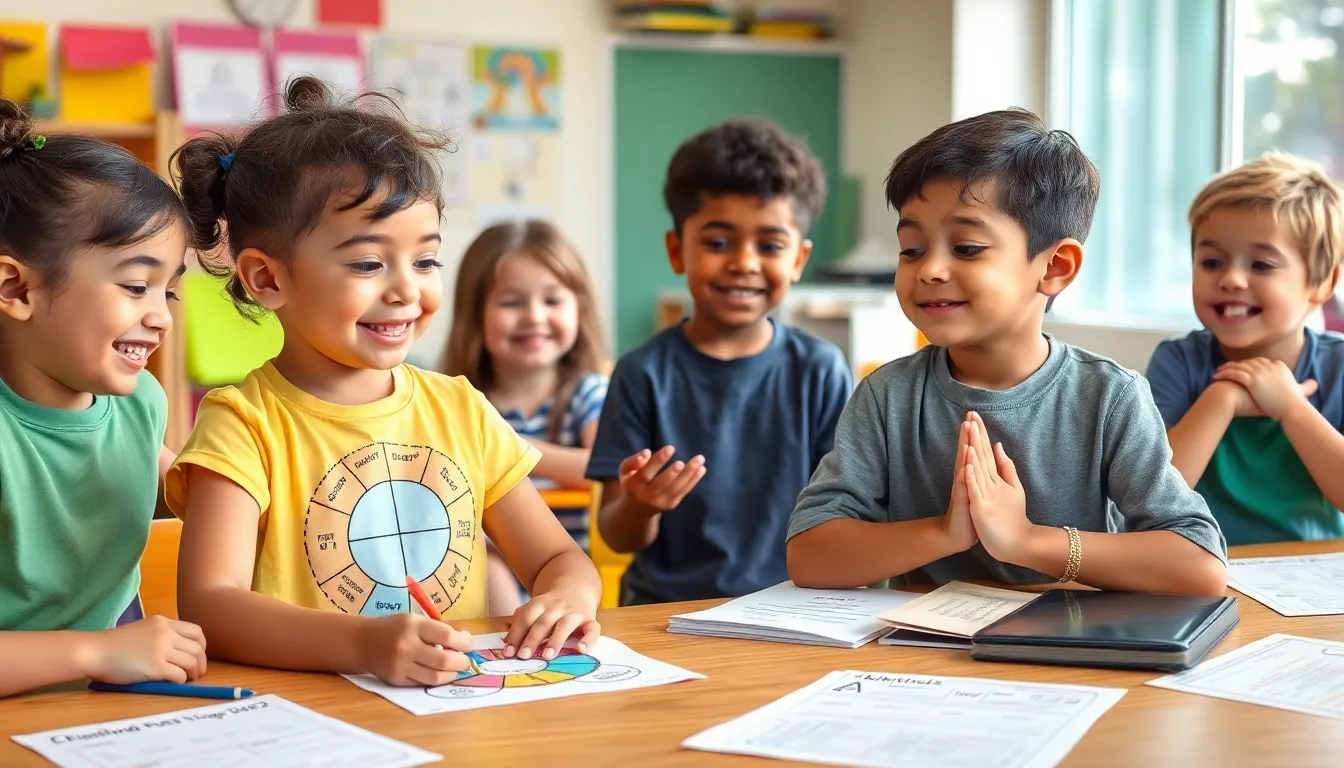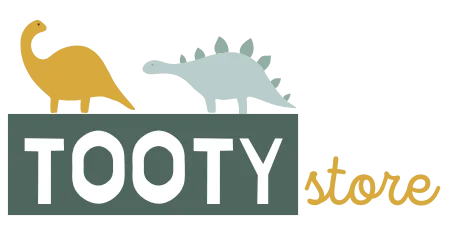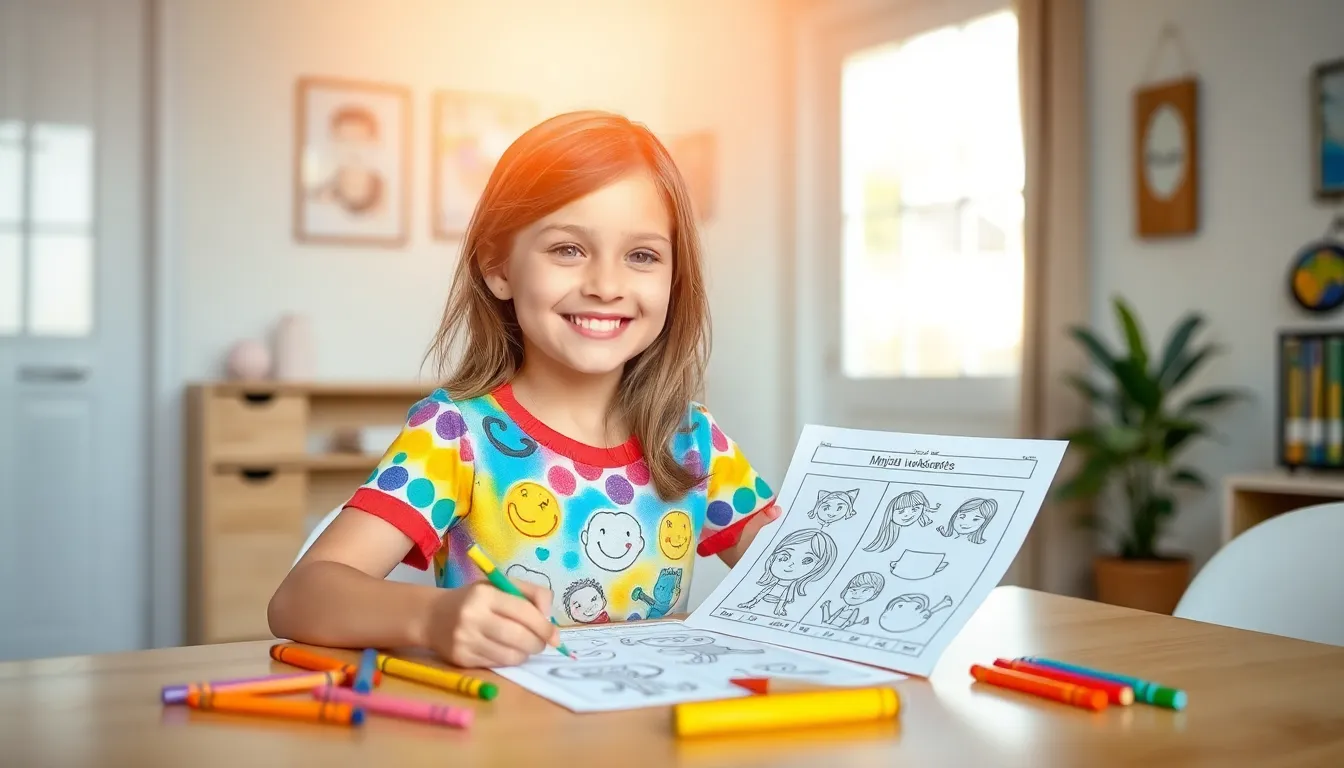Table of Contents
ToggleIn a world where kids juggle school, friendships, and the occasional existential crisis, mental health worksheets can be their secret weapon. These colorful, engaging tools not only make emotional learning fun but also help kids navigate their feelings like pros. Think of them as the superhero capes for emotional resilience—no spandex required!
Whether it’s dealing with anxiety or boosting self-esteem, these worksheets turn daunting topics into playful adventures. With a dash of creativity and a sprinkle of humor, kids can explore their emotions without feeling overwhelmed. So why not equip them with the skills to tackle life’s challenges? After all, a happy kid today is a well-adjusted adult tomorrow.
Understanding Mental Health Worksheets For Kids
Mental health worksheets engage children in developing emotional intelligence and coping strategies. These tools serve as a bridge between understanding feelings and learning healthy expression.
What Are Mental Health Worksheets?
Mental health worksheets are structured activities designed to help kids explore their emotions. They include various formats, such as coloring pages, fill-in-the-blank exercises, and thought charts. By using illustrations and scenarios relatable to children, these worksheets simplify complex concepts. Kids can express feelings about anxiety, anger, and self-esteem through these interactive activities. Ultimately, they encourage self-reflection and critical thinking about emotions and thoughts.
Why Are They Important?
Mental health worksheets play a crucial role in emotional development. They promote awareness of mental health issues from a young age. Kids gain coping strategies through these exercises, equipping them with tools to handle future challenges. Positive outcomes include reduced anxiety and improved self-worth. Engaging with these materials can foster communication about feelings between children and caregivers. Additionally, early access to mental health concepts supports long-term emotional resilience and well-being.
Types Of Mental Health Worksheets

Various types of mental health worksheets cater to children’s needs, helping them understand and manage their emotions effectively. These worksheets not only support emotional growth but also enhance learning through fun activities.
Emotion Regulation Worksheets
Emotion regulation worksheets assist kids in identifying and managing their feelings. These tools often include activities like mood charts and emotion wheels. Children learn to pinpoint their emotions and understand triggers. Engaging in coloring activities tied to specific feelings encourages creativity while promoting self-awareness. By practicing emotion expression, kids develop better coping strategies for challenging situations.
Coping Skills Worksheets
Coping skills worksheets provide practical techniques to handle stress and anxiety. These worksheets typically feature breathing exercises and visualization techniques. Each activity guides children through various coping strategies, allowing them to choose what works best for them. Simple action plans help kids address overwhelming feelings and find constructive outlets. Encouraging discussions about these strategies enhances children’s support systems at home and school.
How To Use Mental Health Worksheets For Kids
Utilizing mental health worksheets effectively can enhance children’s emotional well-being. Engaging with these tools at home and school empowers children to process feelings and develop coping strategies.
At Home Activities
Parents can incorporate mental health worksheets into family routines. Assigning specific times allows children to dedicate focus on their emotions and thoughts. Worksheets that feature creative tasks, like drawing or coloring, make the process enjoyable. Sharing completed worksheets encourages conversations about feelings. Discussing emotions openly strengthens family bonds and promotes emotional literacy. Establishing a safe space for children to express their thoughts enhances the worksheet’s effectiveness. Regular participation leads to improved emotional regulation and resilience over time.
In School Settings
Teachers can introduce mental health worksheets during class activities. Integrating these tools within the curriculum fosters a supportive learning environment. Utilizing worksheets to facilitate group discussions enhances peer connections and empathy. Activities centered around emotional expression encourage students to share experiences. Schools can also provide students with coping skills worksheets during stressful periods, like exams. Providing these resources builds a culture of openness around mental health. Regular incorporation into the school day makes emotional learning a priority, enriching the overall educational experience.
Benefits Of Mental Health Worksheets For Kids
Mental health worksheets offer various advantages that support children’s emotional development. These tools create engaging, interactive experiences that empower kids to understand their feelings better.
Improving Emotional Awareness
Improving emotional awareness is a significant benefit of using mental health worksheets for kids. Worksheets provide activities that promote identification of different emotions. Kids learn to recognize feelings through mood charts and emotion wheels. These activities often encourage self-reflection, allowing children to articulate their thoughts and feelings. Understanding emotions leads to improved coping mechanisms and emotional regulation. Often, kids who engage with these tools report feeling more in control of their reactions. Enhanced awareness fosters confidence and resilience, making it easier for children to navigate challenging situations in daily life.
Enhancing Social Skills
Enhancing social skills becomes more accessible with mental health worksheets. Worksheets often include scenarios that help kids practice empathy and communication. Role-playing exercises and group discussions facilitate connections among peers. When children engage in these activities, they learn to express feelings constructively. Developing these skills contributes to healthier relationships and creates a sense of belonging. Kids who practice social skills through worksheets are more equipped to handle conflicts and understand others’ perspectives. Overall, these tools nurture stronger friendships and improve cooperation in various environments, such as school and home.
Mental health worksheets for kids are invaluable tools that equip children with essential skills for emotional management. By integrating these engaging activities into daily routines at home and in school, caregivers and educators can foster an environment where children feel safe to explore their emotions.
These worksheets not only promote self-awareness and resilience but also encourage open communication about feelings. As children learn to navigate their emotions through fun and creative exercises, they build a solid foundation for future emotional well-being. Prioritizing mental health from a young age sets the stage for happier and more confident adults.




